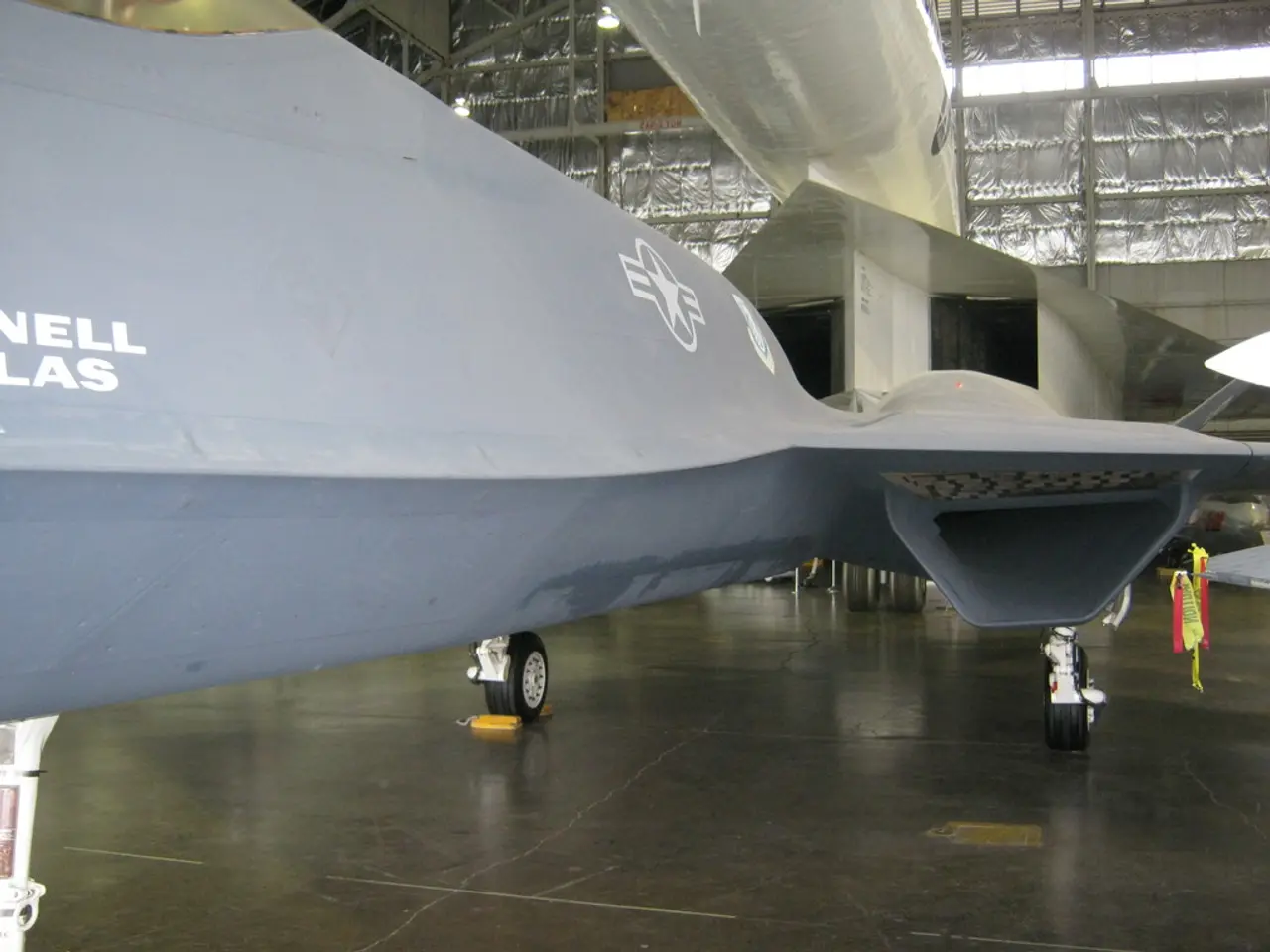Discovering Top-tier Flight Schools: A Step-by-Step Guide
Deciding on the right flight school is a crucial step for anyone aspiring to embark on a career in aviation or for those seeking to learn to fly for personal reasons. Here are some key factors to consider when making your choice.
Aligning with Your Goals and Career Aspirations
The first step in selecting a flight school is to determine your objectives. Are you aiming to become a commercial airline pilot, a private pilot for personal use, or another aviation role? It's essential to choose a school that offers training aligned with your ambitions.
Training Environment and Learning Style
The teaching approach of the flight school should match your learning style and risk tolerance. A school that fits your learning needs improves your chances of success and satisfaction with training.
Certified Instructors (CFIs)
The quality of the instructors is paramount. Look for instructors who match your personality, learning needs, and availability. A good CFI offers an organized curriculum, clear goals, and flexible scheduling to fit your commitments.
Curriculum Comprehensiveness
A well-designed and professional training program should provide rigorous, hands-on flight training with courses in aviation operations, navigation, safety, and regulations. Some schools may integrate simulators and advanced instruction into their syllabus.
Availability of Flying Slots
Some schools limit the number of students allowed to fly at a time or assign slots by semester. It's important to confirm when you can start flying and ensure flying opportunities are available when you need them.
Financial Considerations and Support
Evaluate tuition, availability of scholarships, and potential for student loans. Some academies partner with organizations to provide scholarships and financial aid to reduce barriers.
Career Support and Industry Connections
Schools with links to airlines or professional pilot development programs can offer smoother paths into aviation careers after training.
Safety Record and Reputation
Research the safety standards, accident history, and general reputation of the school and its training fleet.
Additional Factors to Consider
- Some flight schools may offer opportunities such as reduced training fees or full coverage for the process after education, if the student commits to fly for the company post-education.
- The physical conditions and facilities of the flight school, including classrooms, buildings, and airport runways, are crucial factors to consider.
- Flight schools' fees may vary significantly, even within the same regions, so it's important to check the school's price policy.
- Enquiring about the school's payment terms can help in budgeting and planning for the training costs.
- The duration of the trainings may vary between flight schools, which can impact the overall cost and time commitment.
- The flight school must be approved by specific authorities, such as the European Aviation Safety Agency (EASA) for commercial pilots in European airspace.
In summary, carefully assessing your personal goals, training style, instructor fit, curriculum quality, financial situation, and the school's ability to support your career aspirations are essential when selecting a flight school.
- In the aerospace industry, it's crucial to consider schools that offer training aligned with career aspirations, such as commercial airline pilots or private pilots.
- For effective learning, one should look for a flight school that offers a teaching approach that matches individual learning styles and risk tolerance.
- In the realm of aviation safety, having certified instructors (CFIs) who cater to students' needs, learning styles, and availability is essential for success.
- A comprehensive educational and self-development program should cover aviation operations, navigation, safety, regulations, and may even integrate simulators and advanced instruction in the technology domain of the industry.




